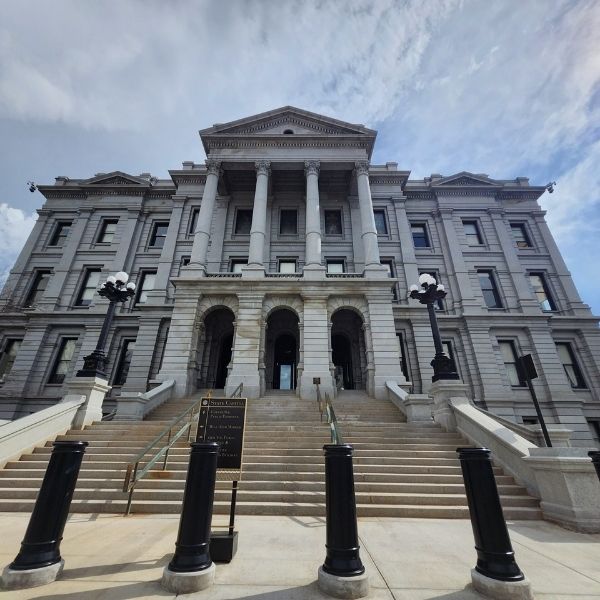A special session of the Colorado Legislature now appears inevitable following Thursday’s passage of the federal budget-cutting “One Big Beautiful Bill,” which slashes billions from Medicaid and removes a moratorium on state-level AI regulations.
According to Gov. Jared Polis’ Office of State Planning and Budgeting, the cuts will leave Colorado short $500 million in federal funding while adding another $500 million in new costs to maintain services. With lawmakers needing to rebalance the state budget, a summer special session is widely expected.
Budget Shortfall Could Gut Key Programs
The new law significantly changes how states receive Medicaid funding. It includes new work requirements expected to remove more than 150,000 Colorado residents from the program. Health care leaders warn this could overwhelm hospitals, especially in rural areas, and lead to closures. Sen. John Hickenlooper estimated that six or seven rural hospitals could be at risk.
Adding to the challenge, the federal government’s share of Medicaid costs for enrollees earning 100% to 138% of the federal poverty level will drop from 90% to 50%. Colorado would have to either fund the difference or remove more people from the program. The loss of matching funds through the hospital provider fee could cost the state $10.4 billion over five years, according to the Colorado Hospital Association.
Additionally, the state will now be required to conduct biannual Medicaid eligibility verifications, which will require hiring hundreds of workers and a $57 million tech system upgrade, Polis said.
“This money has to come from somewhere,” he said. “It means taking money from patients, hospitals, and doctors, and giving it to bureaucrats to process paperwork.”
Lawmakers Bracing for Deep Cuts
Cuts to food assistance are also looming. Colorado is set to lose $175 million in SNAP benefits. In a letter to Republican members of Colorado’s congressional delegation, Democratic lawmakers outlined potential cuts: scaling back tax credits, reducing the state’s reinsurance program, and raising tuition mid-school year.
Though Gov. Polis has not formally called for a special session, officials say the move is imminent, especially with President Donald Trump expected to sign the bill soon. Lawmakers anticipate the session could begin in August.
AI Regulation on the Table
Another likely agenda item is revisiting Colorado’s sweeping 2024 artificial intelligence law, which was the most comprehensive in the nation. A 10-year federal moratorium on new state AI laws was stripped from the final version of the federal bill, reopening the door for states like Colorado to pursue or revise AI regulations.
Tech leaders have criticized the state law’s stringent reporting and liability rules, arguing they could drive companies out of Colorado. Though a task force spent months drafting compromise language, lawmakers failed to pass any adjustments before the 2024 session ended. Polis has signaled support for including AI reform in the special session.
Taxation of Tips May Spark Debate
Another budget wrinkle stems from the federal bill’s elimination of income taxes on tips and overtime. Colorado has already decoupled from federal tax rules on overtime to retain $400–$600 million in annual revenue. But it has not done so for tipped wages, which could cause a $30 million revenue gap if left unaddressed.
Lawmakers could decouple from federal policy again, preserving state revenue — but at the risk of backlash from service industry workers who would take home less after taxes.
What’s Next
While no date has been set, a special session seems certain and could reshape the state’s approach to health care, AI regulation, and tax policy. As Sen. Jeff Bridges put it, the federal bill “will almost certainly force us into a special session.”
Hospitals, tech firms, public health programs, and state agencies are now bracing for big changes as lawmakers prepare to navigate the financial fallout.
















Leave a Reply